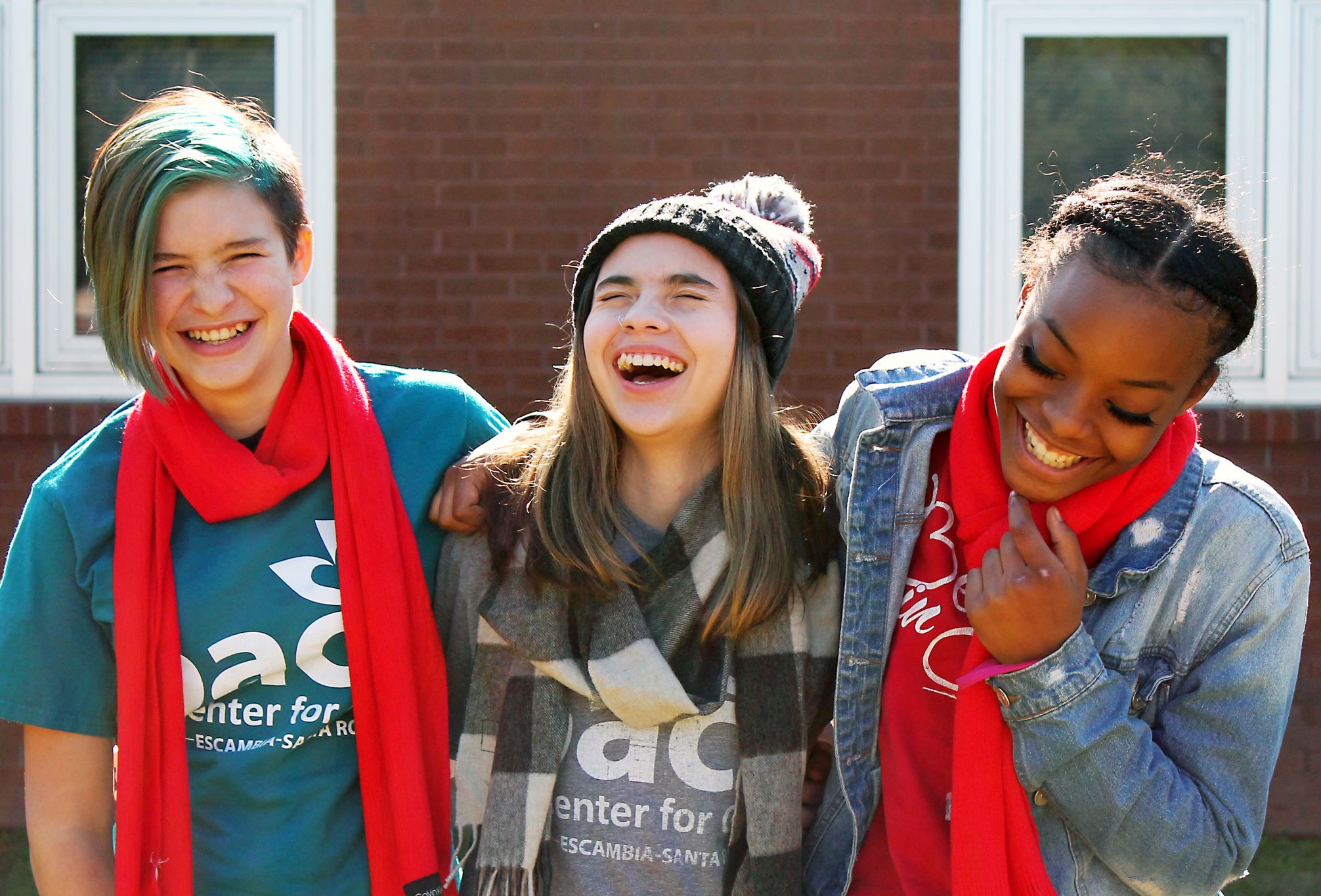The media often presents the holidays as a cheerful time for all. Images of couples kissing under the mistletoe and families gathered around a warm fire dominate our screens throughout the season.
But sometimes, what should be a joyful time instead reminds people of the challenges in their lives; couples being asked when they’ll have children while silently battling with infertility or miscarriages, reminders of lost loved ones, family members experiencing the criminal justice system, or interactions with people who may have caused harm and trauma.
According to the National Alliance on Mental Illness, 64% of people with mental illness report that the holidays make their conditions worse. Children and teens are not immune from this, as the highest rate of child psychiatric hospitalizations occurs in the winter.
For young women and girls, who according to the CDC experience higher rates of depression than their male counterparts, it is especially important to have access to resources that help them cope with seasonal stress, depression and anxiety brought on by the holidays.
Pace provides support to girls by centering their experiences as young women in today’s world and recognizing how trauma may inform the choices they make.
“This Christmas will be hard for us because this will be the first Christmas without my dad,” said Jennifer, a 16-year old Pace student. “He passed on the 25th of September of this year, so the 25th of December will be even harder. I see my mom doing her best to be strong, so I’m trying to be strong for her. I just wish people understood that Christmas isn’t about presents – it’s about family, so don’t take them for granted.”
We could all use a little more kindness in our lives, so it’s always important to remember that you never know the internal struggles the person in front of you may be smiling through.
Everyone, regardless of their story, deserves safe and supportive spaces to heal. Keep in mind, it’s ok to take care of yourself in whatever way is best for you this holiday season.


